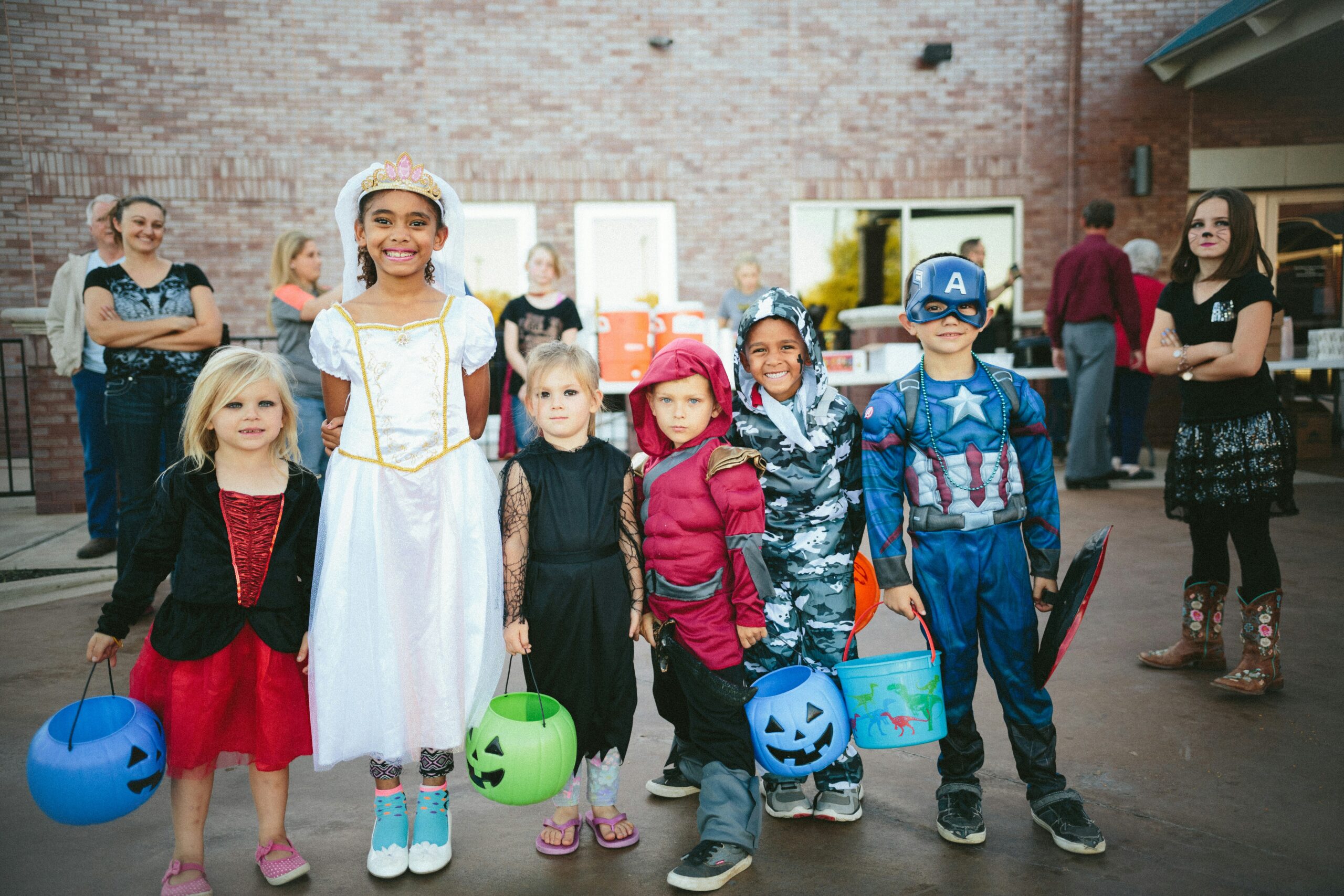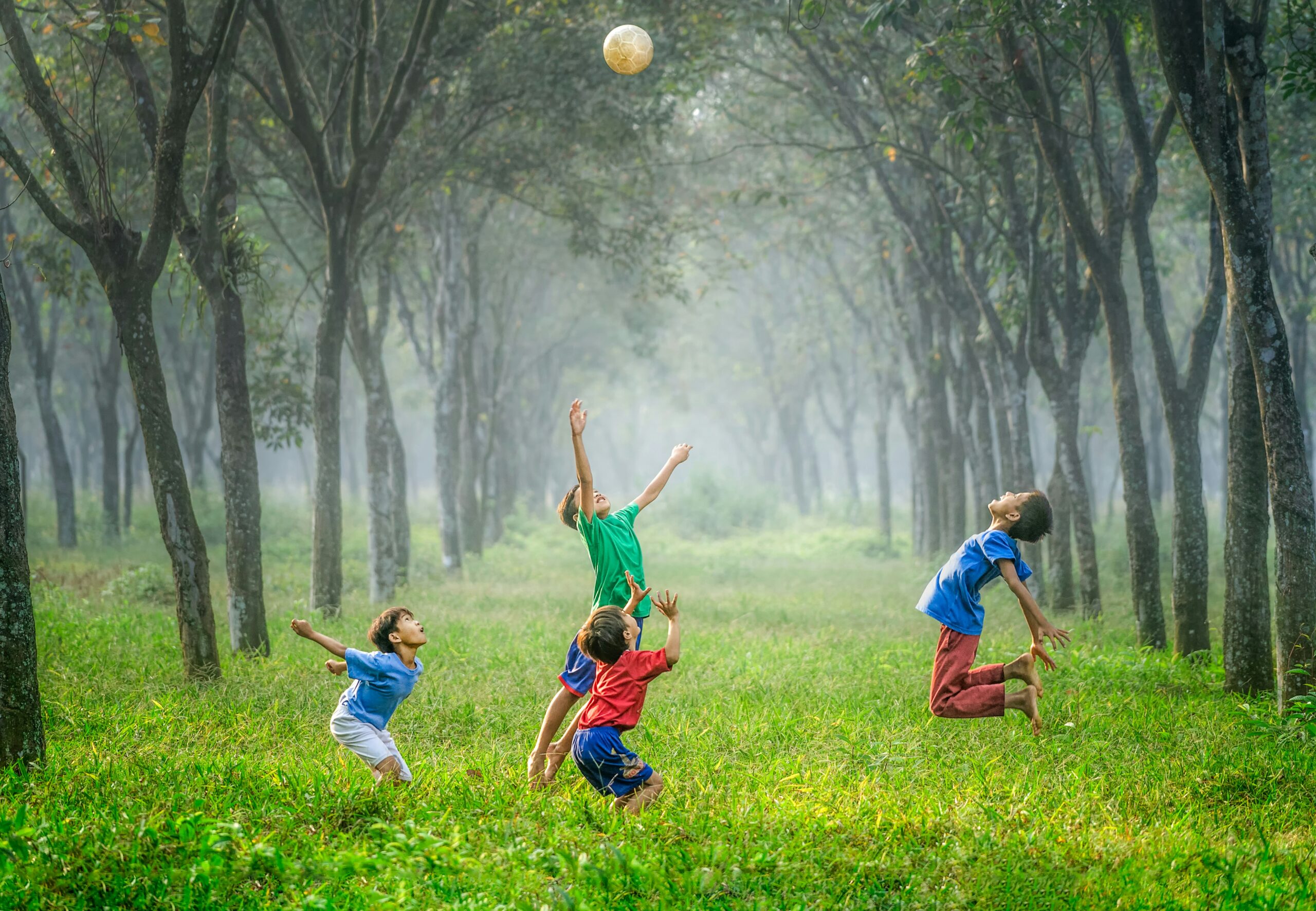In a world full of uncertainty, it is crucial for families and children to understand the importance of being prepared. From natural disasters to emergencies, being ready can make all the difference in ensuring everyone’s safety and well-being. But what does preparedness truly mean for children and families? It goes beyond simply having a go-bag with essentials. It involves teaching children vital skills, fostering open communication, and creating a supportive network within the family and the community. In this article, we will explore the multifaceted concept of preparedness and provide valuable insights on how families can navigate these uncertain times together. So, let’s dive in and explore what it truly means to be prepared for children and families!

Understanding Preparedness
Defining Preparedness
Preparedness refers to the state of being ready and equipped to handle any unexpected or challenging situations that may arise. It involves taking proactive measures to ensure the safety, well-being, and security of oneself and loved ones. Preparedness encompasses various aspects of life, including physical, emotional, financial, health, and educational readiness. By being prepared, individuals and families can effectively navigate through difficult times and emerge stronger.
Brief history and relevance of Preparedness in daily life
Preparedness has always been a fundamental aspect of human existence. Throughout history, civilizations have recognized the importance of being prepared for potential dangers or threats. From early hunter-gatherer societies preparing for harsh winters to modern-day families preparing for natural disasters or emergencies, the concept of preparedness has remained relevant. In daily life, preparedness helps individuals and families to anticipate and respond to challenges effectively, ensuring their security and peace of mind.
Importance of Preparedness in families and for children
Preparedness plays a crucial role in the well-being of families and children. It provides a sense of security, both physically and emotionally, knowing that one is well-prepared to handle unexpected circumstances. For families, being prepared means safeguarding the welfare of their children and loved ones. It enables parents to create a nurturing environment where children feel safe, secure, and supported. Preparedness also fosters resilience and empowerment in children, equipping them with the necessary skills to overcome adversity and thrive in an ever-changing world.
Components Of Preparedness
Physical Preparedness
Physical preparedness focuses on ensuring individuals and families have the necessary resources and skills to maintain their physical well-being. This includes being physically fit, having a safe and secure home environment, and being ready to respond to natural disasters or emergencies. Regular exercise, maintaining a healthy diet, and practicing good hygiene are essential aspects of physical preparedness. Additionally, families should take proactive measures to secure their homes, such as installing smoke detectors, creating emergency kits, and implementing fire safety protocols. Being physically prepared allows families to protect themselves and effectively handle any challenges that may arise.
Emotional Preparedness
Emotional preparedness involves developing resilience, coping strategies, and emotional intelligence to effectively manage stress, anxiety, and other emotional challenges. It is crucial for families to foster an environment that promotes open communication, empathy, and emotional support. Building resilience in children and family members equips them with the ability to bounce back from adversity and develop a positive mindset. Families can promote emotional preparedness by encouraging healthy ways of processing emotions, teaching problem-solving skills, and seeking professional support when needed. Emotional preparedness helps families to navigate through difficult times with strength and emotional well-being.
Financial Preparedness
Financial preparedness entails having a stable financial foundation and being ready to handle unexpected expenses or financial emergencies. It is essential for families to have a stable income source and practice effective budgeting to meet their needs and save for the future. Building an emergency fund is a vital component of financial preparedness, as it provides a safety net in times of unforeseen financial burdens. Families should also educate themselves about financial management, such as understanding insurance policies, preparing wills and estate plans, and seeking professional financial advice when necessary. By being financially prepared, families can alleviate stress and ensure their long-term financial security.
Health Preparedness
Health preparedness involves taking proactive measures to maintain good physical and mental health. Regular check-ups, vaccinations, and preventive healthcare measures are essential in promoting overall well-being. Families should prioritize their health by adopting healthy lifestyle habits, such as regular exercise, balanced diets, and adequate sleep. Understanding and adhering to safety guidelines during medical emergencies is also crucial, as it ensures prompt and appropriate action. By focusing on health preparedness, families can minimize the risk of illness and effectively manage any health-related challenges that may arise.
Educational Preparedness
Educational preparedness emphasizes the importance of creating a supportive learning environment at home. Families can encourage intellectual growth and development by providing access to educational resources and fostering a love for learning. With the advancement of technology, harnessing digital platforms for educational purposes has become increasingly important. Families can utilize online learning tools, virtual libraries, and educational applications to enhance their children’s educational preparedness. Encouraging curiosity, critical thinking, and creativity will equip children with the skills necessary to thrive academically and adapt to ever-evolving educational landscapes.
Turning Preparedness into Routine for Children
To instill preparedness in children, it is essential to integrate safety measures into their daily lives. Teaching children about safety protocols and emergency procedures helps them develop the necessary skills to protect themselves and others. From an early age, children can be taught the importance of personal responsibility and accountability. Assigning age-appropriate tasks, such as packing their own emergency kits or being responsible for specific household chores, cultivates a sense of ownership and preparedness. By creating a culture of preparedness within the family, children learn to prioritize safety and proactively respond to unexpected situations.
Role of Schools and Community in Preparedness
Schools and communities play a vital role in promoting and supporting preparedness initiatives. Educational institutions can incorporate preparedness programs into their curricula, teaching students about disaster preparedness, safety procedures, and basic first aid. Community support and resources further enhance preparedness efforts. Local organizations, such as emergency management agencies, can provide valuable guidance, training, and resources to families. By working together, schools and communities can strengthen preparedness awareness and create a collective effort towards ensuring the well-being of children and families.

Future of Preparedness for Children and Families
As the world becomes more complex and unpredictable, the need for preparedness among children and families will continue to grow. Trends such as climate change, technological advancements, and global health crises highlight the importance of readiness in navigating an uncertain future. Technology and innovation will play a significant role in enhancing preparedness efforts. Smart devices, mobile applications, and interconnected systems will provide real-time information, communication, and assistance during emergencies. Embracing these advancements and incorporating them into preparedness strategies will enable children and families to adapt and thrive in an ever-changing world.
In conclusion, preparedness is a multifaceted concept that encompasses various aspects of life. By understanding and prioritizing physical, emotional, financial, health, and educational preparedness, families can create a safe and secure environment for themselves and their children. Instilling preparedness as a routine for children fosters responsibility, resilience, and self-confidence. Schools and communities act as integral allies in promoting preparedness awareness and providing support. The future of preparedness lies in embracing technology and innovation, ensuring that children and families are equipped to face the challenges of an evolving world with confidence and readiness.

